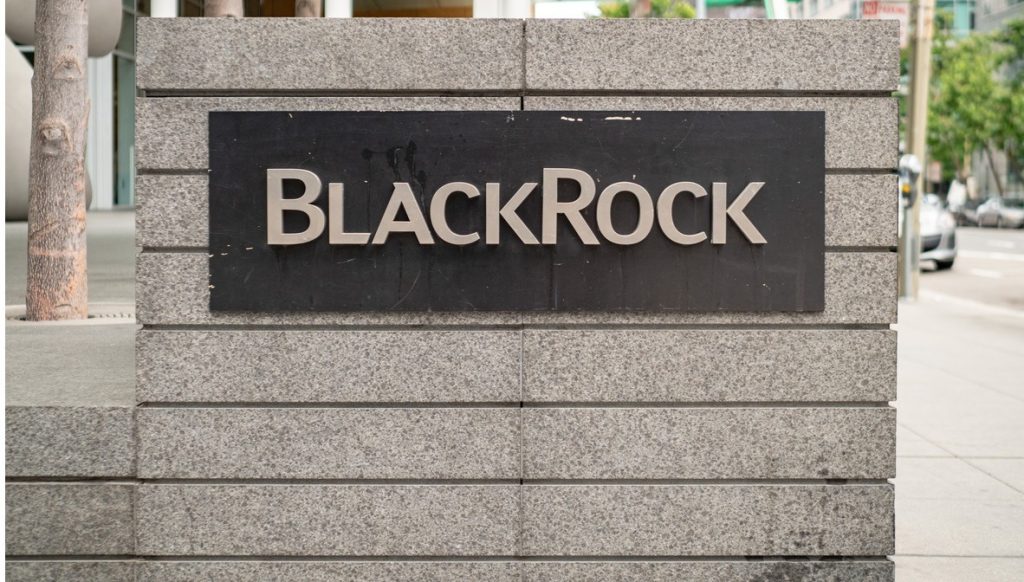PFZW reallocates €29 billion ($34 billion) from BlackRock, LGIM, and AQR as part of its 2030 investment policy shift.
The €248 billion fund now weighs return, risk, and sustainability equally, with stricter alignment to UN SDGs and Paris goals.
Portfolio narrowed from 3,500 to 800 companies, with carbon intensity cut to 73 versus 249 for the benchmark index.
Utrecht Leads with a Sharper Line on ESG
UTRECHT – The Dutch pension fund PFZW has severed mandates worth roughly $34 billion with global managers BlackRock and Legal & General Investment Management (LGIM), reshaping its portfolio around sustainability-driven criteria. The move underscores the tension between European asset owners demanding stronger ESG integration and U.S.-based managers facing political pushback on climate-focused investing.
PFZW, which oversees €248 billion in assets for workers in the healthcare and social sectors, confirmed that contracts with BlackRock, LGIM, and AQR were not renewed in the first half of 2024. The decisions were made as part of its Investment Policy 2030, which enshrines a “total portfolio approach” where sustainability is weighted equally alongside returns and risk.
While BlackRock continues to manage a money market fund for PFZW, its €14 billion listed equities mandate and LGIM’s €15 billion allocation have been reassigned.
A Stricter Sustainability Lens
The new strategy requires that all holdings clear minimum sustainability thresholds, favor firms aligned with the UN Sustainable Development Goals, and contribute measurable value across three focus areas: climate, people and health, and biodiversity.
According to PGGM, PFZW’s fiduciary manager, the number of listed equity holdings has been cut dramatically—from 3,500 companies to around 800. This reduction has sharpened the portfolio’s sustainability profile. A blog post by PGGM’s head of mandate management, Sander van Stijn, noted that PFZW’s Paris alignment score rose to 30% from 23%, while carbon intensity fell to 73 compared with 249 for its benchmark index.
“Stewardship is another key focus: do managers actively encourage portfolio companies to become more sustainable through engagement and voting?” van Stijn wrote. “We deliberately seek asset managers who are not only financially strong but who also share our sustainability ambitions.”
Manager Lineup Shifts
PFZW’s revamped active equity strategy now includes Robeco, Man Numeric, Acadian, Lazard, M&G, Schroders, UBS, and PGGM itself. These managers were chosen for both their financial credentials and their willingness to engage in sustainability-oriented stewardship.
The selection process reflects growing divergence in global markets. In the United States, political opposition has made ESG integration contentious, with lawmakers pressuring managers to downplay sustainability. In Europe, by contrast, large asset owners such as PFZW are tightening ESG demands, requiring deeper integration and active stewardship from their managers.
RELATED ARTICLE: BlackRock’s New ESG Utilities ETF Targets 30% Emissions Cut
BlackRock’s Balancing Act
BlackRock has attempted to navigate this divide by offering clients more control over proxy voting through its Voting Choice program and by publishing Climate and Decarbonization Stewardship Guidelines for investors with explicit net-zero mandates.
In response to PFZW’s decision, a BlackRock spokesperson said the firm “noted PFZW’s redemption in the first half of 2025” and stressed that it had consistently delivered on the objectives set under the mandate. The spokesperson added that Dutch clients continue to invest through BlackRock, which manages more than $1 trillion in sustainable and transition assets globally.
Lessons for Global Investors
For institutional investors, PFZW’s actions carry two clear messages. First, sustainability is no longer an optional overlay but a binding condition of capital allocation in European markets. Second, asset managers that fail to demonstrate credible stewardship and alignment with client climate goals risk losing significant mandates.
The case also highlights the structural divergence between European and U.S. markets on ESG integration. Asset owners managing retirement capital in Europe are demanding more active stewardship and lower-carbon portfolios, while U.S. managers face pressure to avoid politicized sustainability debates.
As pension funds and sovereign investors wield increasing influence over global capital flows, their investment policies will continue to shape which firms secure access to capital. PFZW’s move to consolidate mandates, reduce portfolio scope, and hardwire sustainability factors into selection criteria may serve as a template for peers in Europe and beyond.
Follow ESG News on LinkedIn

